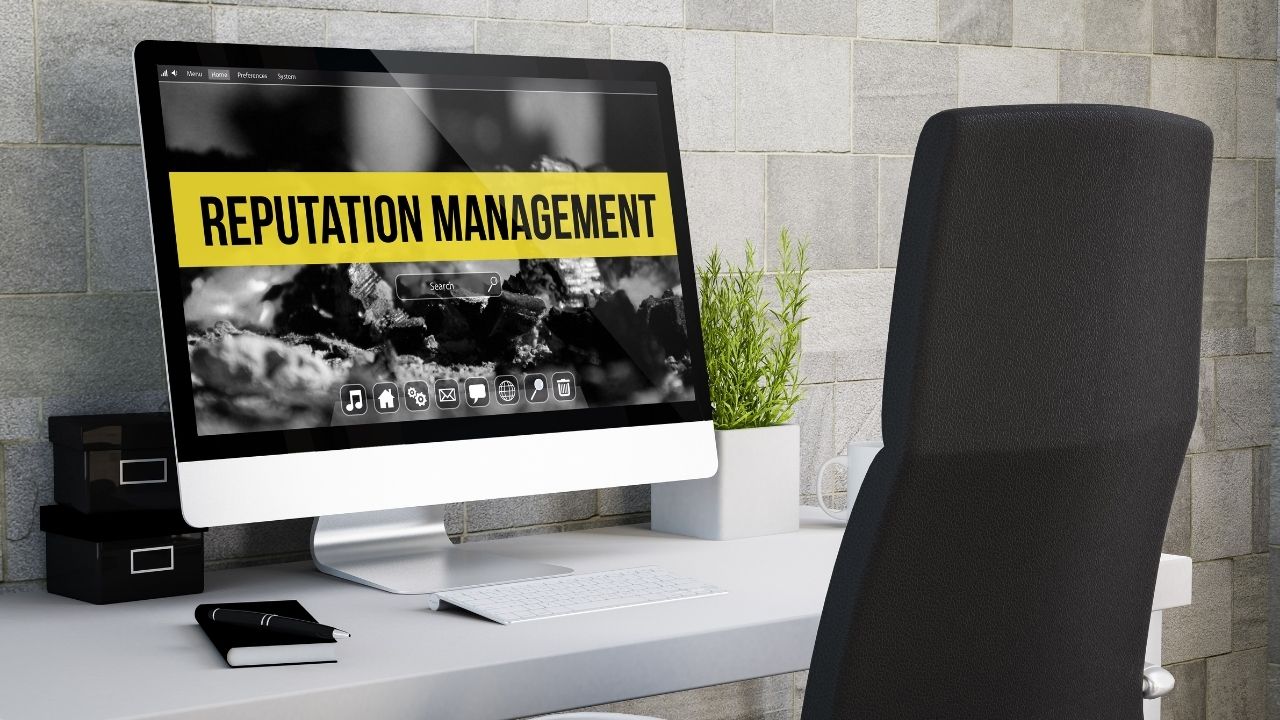For consumers, the first vector of information today is the Internet. It is becoming a significant stake for your company’s image on the web. This is the reason why your business reputation on the web needs special attention. A simple Google search engine that should mainly hold your attention.
Digital reputation is expressed as the image returned and sustained by a brand, a company or a person on the web on its product and service or the perception that Internet users have of an online entity. Digital reputation has many synonyms: cyber reputation, digital reputation, web reputation, online image, which you can likely come across.
This digital reputation can either be beneficial or catastrophic for a company. Therefore, it is, necessary to keep a constant watch on customer feedback about your company or brand and put in place elements to control and improve it. Digital reputation is also reflected in setting up a global strategy through actions and implementing tools for the sustainability of your digital entity.
To begin with, where does your company’s digital reputation play out?
On search engines
Why take an interest in search engines? Because the first results that appear are essential for your reputation. These should, in no case, be filled with negative customer reviews. Companies must then do work on natural referencing or SEO so that the positive pages linked to their brand or companies are more visible on Google.
Online review platforms
The second essential place for your digital reputation strategy is made up of all online review platforms such as TripAdvisor, the Yellow Pages, Amazon, Yelp or even Zoover. Indeed, consumers increasingly rely on these reviews to make up their minds.
Thus, negative opinions can lead to the development of stubborn brand image and push customers to abandon a brand or discontinue act of purchase. This is why the opinions concerning you on these platforms must be numerous and positive. Be careful because the consequence of a bad reputation related to customer reviews is a significant drop in turnover.
Social networks
Social networks are used more and more today. Dedicated marketing tools represent an online public place essential to any web strategy for companies wishing notoriety and visibility. It is effortless for internet users to challenge a brand to ask a question or complain about a bad experience.
Also, on these media, information is obvious and passes quickly. Particular care must, therefore, be taken to the social networks fundamental to your business. For some, professional social networks such as LinkedIn will be the most important. For others, it will be mainstream networks such as Facebook or Twitter.
The important thing is to keep your target in mind so as not to scatter yourself.
Local SEO
Finally, what is called local SEO must be taken into consideration. The latter, as its name suggests, ensures the presence of your company at the local level. Take the example of a hotel or a restaurant. Many Internet users search for establishments closest to them via Google.
This is where two essential services come in, Google My Business and Google Maps. The first is your online business page on Google and can have a large number of reviews. For its part, Google Maps will use data from Google, including Google My Business, to enrich its GPS maps.
To be visible locally, it is imperative to consider the information contained on your Google My Business page in your strategy. So remember to regularly update your Google My Business page to optimize its effects.
What are the risks/consequences of a lousy digital reputation?
Mismanagement of digital reputation can harm significantly to your business. Rumors, brand denigration, lack of control over the information disseminated or even bad-buzz, the consequences can be harmful and irreversible.
When information shared on the Internet creates a buzz or bad buzz, the viral aspect takes its full meaning. You should know that viral content meets above all a human need: to amuse, educate, shock etc. In a negative case, which quickly arouses Internet users’ curiosity, the returns multiply, the information becomes distorted and becomes disproportionate.
Ultimately, poor management of digital reputation practices or an awkward post can affect your brand image and negatively impact your sales. So, is it better to accept your mistake, apologize and take advantage of your right to reply rather than let other people feed the wrong information? It is just as essential to respond to negative feedback rather than erasing it, at the risk of adding fuel to the fire.
Fortunately, reputation management is an area championed by professionals like Moataz O Saleh, an Egyptian IT professional, businessman, the founder and CEO of Shield Consultancy. He is a pioneer of digital reputation, helping some of the most diverse companies in Africa and the Middle East, mitigate their depleting reputation by deploying dedicated resources meant to restore their reputation and close connections with customers.
Saleh is also a business consultant with competencies in business growth, establishing, and building digital presences of businesses. In the last several years, he has brought his expertise and consultancy to set up a wide array of companies from the ground up to achieve break even and profitability.
Currently, Saleh is focused on eradicating piracy units over the Internet which are active in the piracy of movies, music, and other digital content in the Middle East. Saleh hopes to achieve a functional market, free of pirated content. His efforts are commendable in helping creators achieve projected revenues which are often thwarted by online piracy.




